Food
Chicken, oats, yoghurt… 7 immune-boosting foods
It is no secret that you are what you eat. So eating balanced diet foods filled with nutrients is important to maintain your overall health and wellness.
Now more than ever — with the world navigating through various health challenges — having a robust immune system is important.
While there is no magical solution to prevent illness, research has suggested that your diet plays a crucial role in boosting your immunity.
Without further ado, here are immune-boosting foods you should add to your diet.
Sweet potatoes
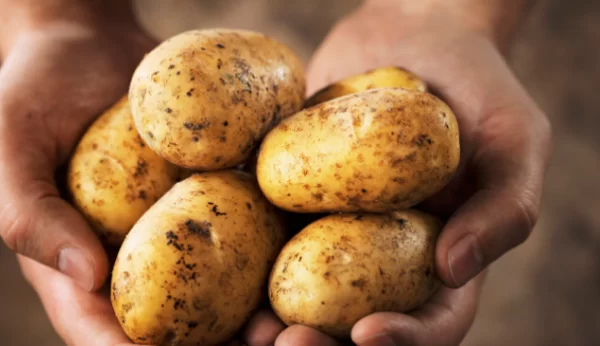
Sweet potatoes are one of the richest natural sources of beta carotene, a plant-based compound that is converted to vitamin A in your body.
Vitamin A is crucial to a healthy immune system as it helps your body respond to toxins and foreign substances.
Also, vitamin A helps keep the skin strong and healthy. You may not think of skin as part of your immune system. But this crucial organ serves as a first-line fortress against bacteria, viruses, and other pathogens.
Sweet potatoes are also a good source of vitamin C. Meanwhile, vitamin C has been proven to be effective in boosting immunity.
Vitamin C helps encourage the production of white blood cells which help protect the body against infection. It also makes the cells function more effectively while protecting them from damage by potentially harmful molecules.
Sweet potatoes are highly versatile and easy to incorporate into your diet, so add them to your diet today.
Oats
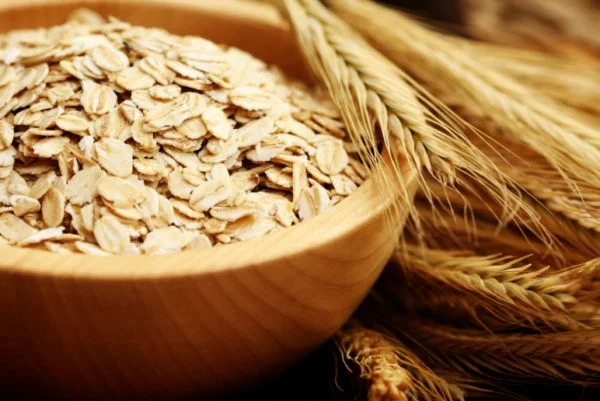
Oats are a great food to boost your immune system due to their high level of antioxidants, fiber and zinc.
These antioxidants work together to help fight off free radicals that cause oxidative stress, which contributes to inflammation and the development of chronic diseases like cancer and heart disease.
Avenanthramides, a type of antioxidant found in oats, has been proven to have anticancer properties.
Oats also contain a type of fiber called beta-glucan. Beta-glucans boost the immune system by stimulating immune cells, enhancing their ability to detect and eliminate pathogens.
The zinc found in oats also has a profound influence on your immune system. Research has found that zinc deficiency increases one’s susceptibility to a variety of pathogens.
- Broccoli
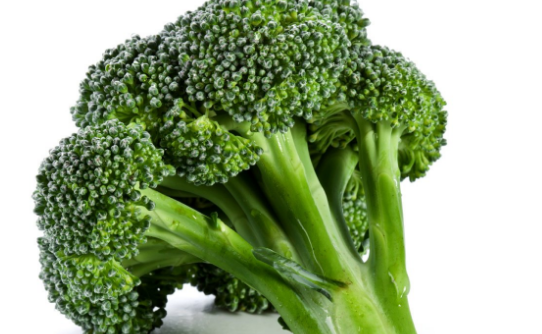
Broccoli is a good choice of vegetable to eat regularly to support immune system health.
This vegetable is packed with several vitamins, fiber and antioxidants. Broccoli is rich in a particular antioxidant called sulforaphane.
Sulforaphane aids in the production of glutathione. Research has shown that glutathione helps attack free radicals in the body and reduces their damage to your immune system.
Broccoli is healthiest when steamed or microwaved, according to a study.
- Poultry

Poultry such as chicken and turkey are needed in your diet to boost your immune system.
Poultry are rich in Vitamin B6 which are important player in many of the chemical reactions that happen in the body. It is also vital to the formation of new and healthy red blood cells.
The protein in chicken and turkey also provides you with amino acids, which are used by your body to build antibodies to fight infection. Research also suggested that amino acids enhance the immune status, thereby reducing morbidity and mortality.
- Yogurt
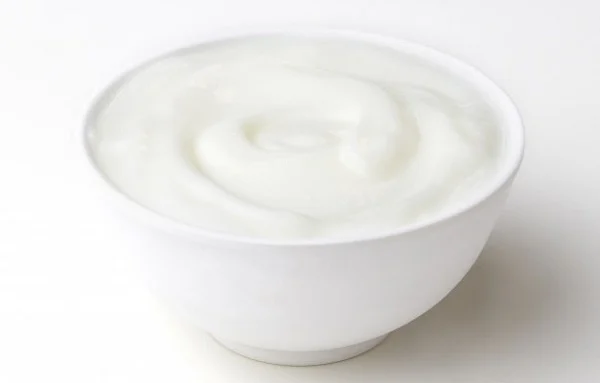
Yogurt contains beneficial bacteria — probiotics — that promote gut health and regulate your immune system.
Daily consumption of probiotic-rich yogurt improves your immune function by increasing the activity of cells that limit the spread of disease.
However, when choosing yogurt to add to your diet, look out for brands without added sugar.
- Fatty fish
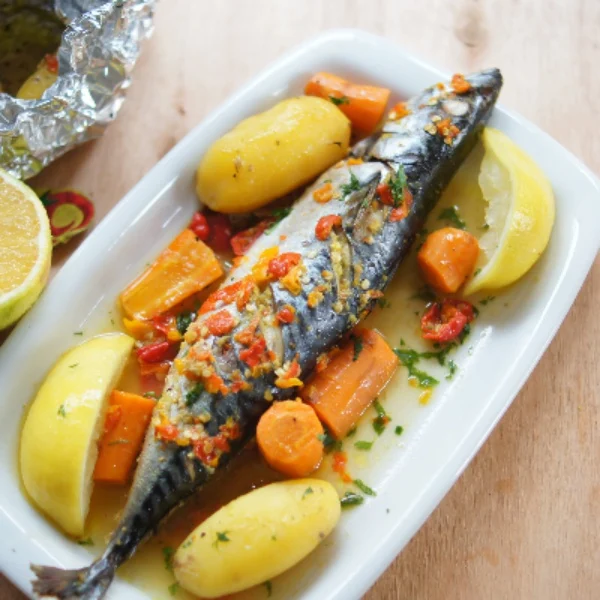
Fatty fish including salmon, tuna and sardines are a rich source of omega-3 fatty acids.
Long-term intake of omega-3 fatty acids has been shown to reduce the risk of rheumatoid arthritis (RA).
Rheumatoid Arthritis (RA) is a chronic autoimmune condition that occurs when the immune system mistakenly attacks a healthy part of the body.
- Citrus Fruits

Citrus fruits such as oranges, grapefruits, tangerines, lemons, and limes contain high levels of vitamin C.
Vitamin C helps fight infection by increasing your white blood cells.
Remember, your body does not produce or store vitamin C so you need regular intake. Add these fruits to your diet regularly.












